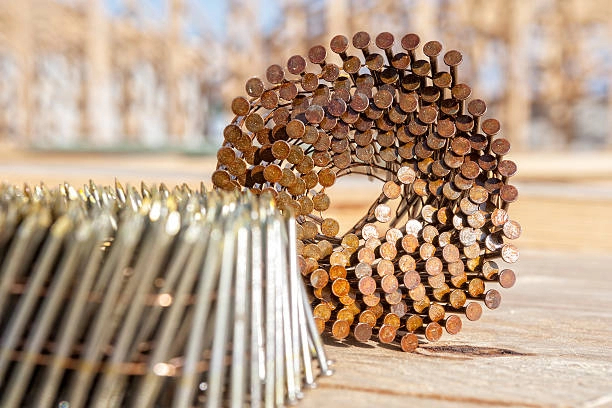As a leading manufacturer and supplier, we know that selecting the right screws is essential for the success of any project, whether it's a DIY task or a professional job. In this blog, we will guide you through the key factors to consider when choosing screws for your specific needs.
1. Understand Your Material
1.1 Type of Material
The first step in selecting screws is to understand the material you are working with. Different materials require different types of screws. For instance, wood screws are designed for wood, while sheet metal screws are suitable for metal surfaces.
1.2 Thickness of Material
Consider the thickness of the material as well. Thicker materials may require longer screws to ensure a secure hold, while thinner materials might need shorter screws to avoid breakage.
2. Choose the Right Screw Type
2.1 Common Screw Types
Familiarize yourself with the various types of screws available:
• Wood Screws: Ideal for woodworking projects.
• Sheet Metal Screws: Best for fastening metal sheets.
• Machine Screws: Suitable for machinery and electronics.
• Self-Tapping Screws: Convenient for quick projects without pre-drilling.
• Drywall Screws: Specifically designed for drywall installation.
2.2 Specialized Screws
Depending on your project, you may also need specialized screws, such as deck screws for outdoor applications or masonry screws for concrete.

3. Consider the Screw Head Design
3.1 Head Types
The design of the screw head can impact both functionality and appearance. Common head types include:
• Flat Head: Countersinks into the material for a flush finish.
• Pan Head: Sits above the surface, providing a larger bearing area.
• Hex Head: Allows for easy tightening with a wrench.
3.2 Drive Types
Different drive types, such as Phillips, slotted, or Torx, require specific tools for installation. Choose a drive type that matches your available tools and preferences.
4. Evaluate Material and Coating
4.1 Screw Material
Screws come in various materials, including stainless steel, carbon steel, and brass. Stainless steel is ideal for outdoor use due to its corrosion resistance, while carbon steel is often used for indoor projects.
4.2 Coating Options
Consider the coating on the screws as well. Zinc plating, for example, provides additional protection against rust, making it suitable for humid environments.
5. Determine Length and Diameter
5.1 Length
The length of the screw should be appropriate for the thickness of the materials being joined. A general rule is that the screw should penetrate at least half of the thickness of the bottom material.
5.2 Diameter
The diameter of the screw affects its strength and holding power. Thicker screws generally provide a stronger hold, but they also require larger pilot holes.
Conclusion
Selecting the right screws for your project is crucial for ensuring a secure and lasting hold. By considering the material, screw type, head design, material and coating, as well as length and diameter, you can make informed decisions that will enhance the quality of your work. As a trusted manufacturer and supplier, we are here to help you find the perfect screws for your needs. If you have any questions or need assistance, feel free to reach out to us!
Post time: 10月-17-2024
